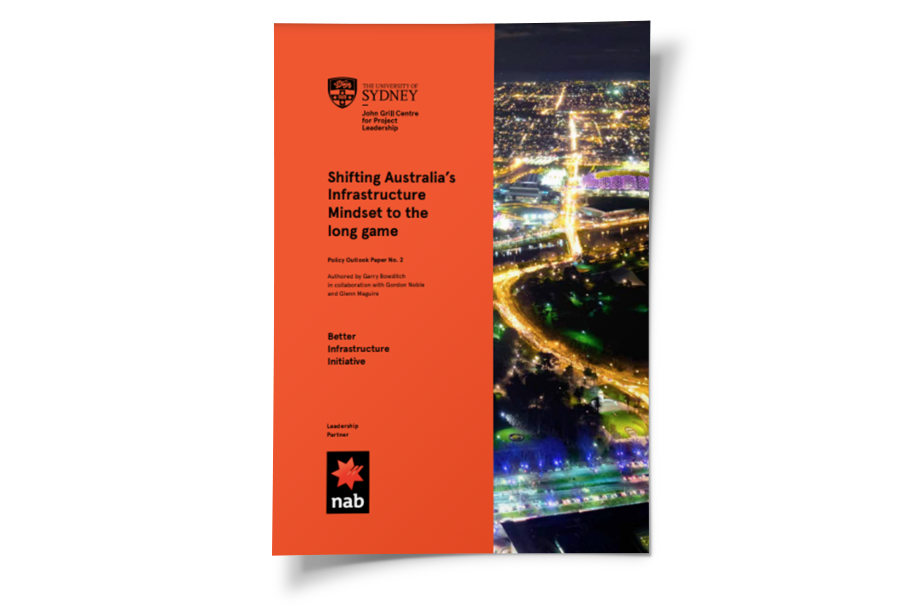Abstract
The sector has always had to deal with the short-term
politics of the day, and the long-term welfare of the
community the infrastructure will serve. Resolving
these inevitable tensions transparently and holistically
is a true litmus test of what separates good governance
of society from the rest.
An enduring trend in infrastructure since ancient
Greece through to the modern age consists of a
cocktail of three important and inter-related themes.
First, it is clear that private ingenuity from individuals,
community and more recently corporations are
key drivers of progress. Second, enthusiastic
political interests are persistently in close proximity.
Thirdly, transparency and accountability are critical
companions to help illuminate and protect against
poor decision-making.
Apart from the obvious impact of ‘pork barrelling’
where political expediency can result in sponsoring
the wrong projects, at the wrong time and place, there
is also a deeper and more systemic factor at play
concerning the choices a society can make about its
possible futures. Building big and solid infrastructure
may have its place, but flexibility of function and
being fit for purpose over its long economic life
is fundamental to its continued relevance and
value to society.
Yet governments and their institutions that are
entrusted with the custodianship of planning and
managing infrastructure are less often associated
with championing agility and flexibility. The willingness
to acknowledge and deal with high uncertainty and
its consequences in the future is an area of focus
in this report.

Authors:
Gary Bowditch, Gordon Noble and Glenn Maguire

